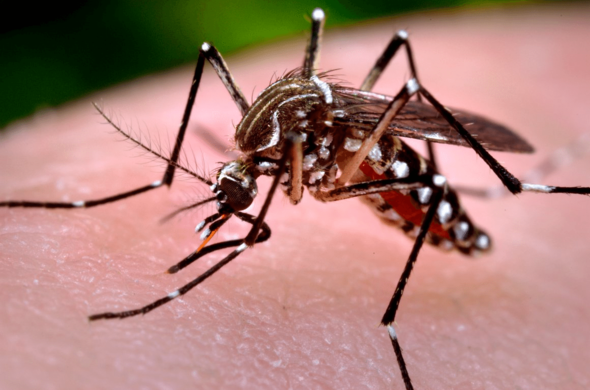Monsoons are when these mosquito borne diseases have a field day; government figures show that the numbers are already rising
It is that time of the year again when dengue, chikungunya and malaria have reared their ugly heads. A healthy monsoon in most parts of the country has meant that the mosquito borne diseases are having a field day; and will continue to do so till winter sets in in November.
According to data available with the National Vector Borne Disease Control Programme (NVBDCP), so far there have been 102351 malaria cases (till May 2018), 11,592 dengue cases (till July 8) and 1632 Chikungunya cases in the country. Six people have died of malaria and 23 of dengue. There have been no deaths because of Chikungunya but the highest number of cases – have been reported from Karnataka(828), followed by Gujarat (173) and Maharashtra (135). Chhattisgarh continues to have the dubious distinction of the most number of malaria cases (26219), followed by Odisha (25139) and Jharkhand (17728). The most number of dengue cases have been reported from Kerala(2564).
About 95% population resides in malaria endemic areas and 80% of malaria reported in the country is confined to areas consisting of 20% of the population residing in tribal, hilly, difficult and inaccessible areas
Malaria is a public health problem in several parts of the country. About 95% population in the country resides in malaria endemic areas and 80% of malaria reported in the country is confined to areas consisting 20% of population residing in tribal, hilly, difficult and inaccessible areas. It has historically been one of the most dreaded diseases in India. Dengue and Chikungunya have emerged as monsoon menaces more recently, Dengue haemorrhagic fever which has killed several in Delhi in recent months is particularly feared as the fatality is very high.
According to the Centers for Disease Control and Prevention (CDC), “DHF is a more severe form of dengue infection. It can be fatal if unrecognized and not properly treated in a timely manner. DHF is caused by infection with the same viruses that cause dengue fever. With good medical management, mortality due to DHF can be less than 1%.”
Health minister J P Nadda, has already held several review meetings held some time back on tackling vector borne diseases. He has already told officials to ensure that there is no shortage of diagnostic kits, drugs, testing labs, manpower and funds.
Do’s and Dont’s :
- Do not let water accumulate anywhere. That is where mosquitoes breed
- Put nets in doors and windows to keep mosquitoes away
- Do not neglect fever, bodyache etc. Ensure that you are hydrated
- Do not self medicate when you have fever
- Wear full sleeved clothes, especially if you are going to a place that has a lot of mosquitoes
- Use mosquito repellants



Thіs is my fiгst time ցo to see at here and i am actually pleassant to read everthing at one place.